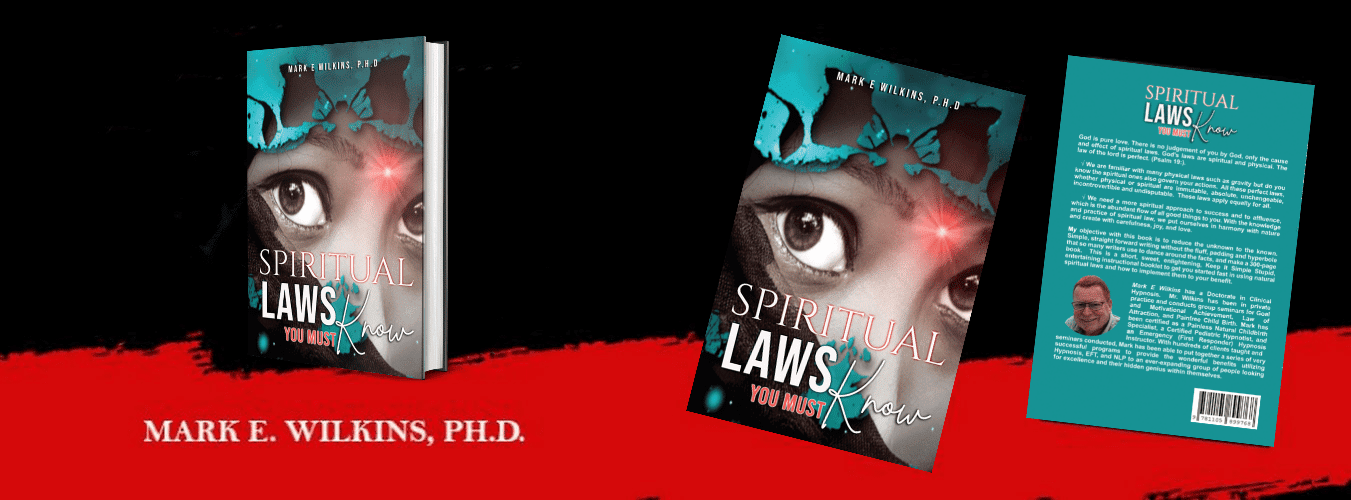
"Endless Souls: The Journey of Rebirth" examines the multifaceted concept of reincarnation, prevalent in diverse cultures, shaping philosophical perspectives on soul continuity and moral justice. By analyzing personal narratives and the role of karma, the text explores how reincarnation beliefs influence ethical behavior and existential understanding. It enhances comprehension of life's cyclical nature and its impact on personal growth and consciousness, effectively providing insights into how deeper exploration may further illuminate the spiritual dimensions of human existence.
Key Takeaways
- Reincarnation embodies the notion of souls experiencing multiple births, deaths, and rebirths across different times and places.
- Beliefs in karma dictate that past actions influence the nature and quality of future lives, promoting moral responsibility.
- Different cultures, including Hinduism and Buddhism, integrate reincarnation into their spiritual teachings, reflecting diverse understandings of life's continuity.
- Personal stories and past life regressions provide anecdotal evidence and deepen the understanding of soul continuity and spiritual transcendence.
- Acknowledging reincarnation can enhance moral behavior, empathy towards others, and personal resilience against life's challenges.
Exploring the Concept of Reincarnation Across Different Cultures

Why does the belief in reincarnation resonate across diverse cultures?
Reincarnation, as a doctrine, is deeply woven into the fabric of various societies through historical beliefs and cultural interpretations. It posits that souls undergo a series of births, deaths, and rebirths, evolving spiritually with each cycle.
This concept, prevalent in Hinduism and Buddhism, also appears subtly in other traditions, reflecting a universal curiosity about life's continuity and the nature of existence.
Culturally, it offers a framework for understanding moral justice and existential significance, where each reincarnation is seen as a step towards spiritual enlightenment or liberation.
Philosophical Insights Into the Continuity of the Soul
Building on the examination of reincarnation across different cultures, the philosophical investigation into the continuity of the soul further enriches our understanding of this profound belief.
Philosophers have long grappled with the implications of soul continuity, questioning how personal identity and consciousness persist through various incarnations. This inquiry not only challenges our perceptions of life and death but also suggests a transcendent dimension to human existence.
The philosophical discourse surrounding soul continuity confronts the materialistic view of the universe, proposing instead that the essence of selfhood survives beyond physical demise, thereby offering a broader, more intricate understanding of existence.
The Role of Karma in Shaping Our Reincarnation Beliefs

Karma, a pivotal concept in shaping reincarnation beliefs, posits that the actions of an individual influence future existences, weaving a complex tapestry of cause and effect across multiple lifetimes.
The implications of karma are profound, affecting not just individual destiny but also the collective ethos of cultures believing in reincarnation.
- Karmic cycles dictate the nature of successive lives, promoting moral accountability.
- Karma implications stress ethical living as essential for spiritual progress.
- Misdeeds may result in less favorable rebirths, reinforcing moral conduct.
- Positive actions can lead to improved circumstances in subsequent lives, illustrating karmic reward.
This intricate belief system underscores the interconnectedness of actions and spiritual evolution.
Personal Stories and Experiences With Past Lives
Personal stories and experiences with past lives offer intriguing insights into the belief in reincarnation, serving as both anecdotal evidence and subjective narratives that challenge the conventional understanding of life and death.
Techniques like past life regression are employed to unearth these soul memories, providing individuals with glimpses into their previous incarnations.
Such accounts, while varied and deeply personal, contribute to an expansive tapestry of experiences that suggest a continuity of the soul beyond a single lifespan.
Scholars analyze these narratives to explore patterns and implications on psychological and spiritual levels, enriching our comprehension of human consciousness and its potential transcendence.
How Understanding Reincarnation Influences Our Present Lives

Understanding reincarnation provides profound implications for our present lives, shaping behaviors and perspectives in ways that transcend mere philosophical speculation.
This awareness fosters a more purposeful approach to living, rooted in the principles of mindful living and spiritual awakening.
Key influences include:
- Enhanced Empathy: Recognizing past lives cultivates deeper compassion for others' journeys.
- Moral Responsibility: Encourages ethical actions, understanding they impact future existences.
- Resilience in Adversity: Awareness of life's cyclical nature provides strength during challenges.
- Pursuit of Wisdom: Motivates the acquisition of knowledge, enhancing personal and spiritual growth, preparing the soul for its continual evolution.
Frequently Asked Questions
Can Animals or Plants Also Experience Reincarnation?
The inquiry into whether animals or plants also undergo reincarnation involves examining concepts like animal rebirth and plant spirits, exploring their potential spiritual continuities and transformations across various cultural and religious beliefs.
How Does Reincarnation Impact Mental Health and Wellness?
Reincarnation effects on mental health potentially enhance resilience by providing a framework for understanding life's challenges as opportunities for growth, thereby fostering a more resilient outlook and improved overall mental wellness.
Are There Scientific Studies Supporting the Concept of Reincarnation?
Coincidentally, while various cultural perspectives embrace reincarnation, scientific evidence remains sparse. Studies typically focus on anecdotal accounts rather than empirical data, posing challenges for scholarly validation in a field dominated by spiritual and philosophical beliefs.
How Do Skeptics View the Idea of Reincarnation?
Skeptical perspectives on reincarnation often emphasize a lack of empirical evidence and scientific validation, fueling debates that scrutinize its philosophical underpinnings and challenge its acceptance as a credible explanation of life and consciousness continuity.
What Are the Ethical Implications of Reincarnation Beliefs?
Beliefs in reincarnation present complex ethical implications. Cultural perspectives vary, influencing moral dilemmas around justice, responsibility, and karma. Ethical analysis suggests these beliefs considerably shape behaviors and societal norms regarding life's purpose and moral accountability.
Conclusion
In "Endless Souls: The Journey of Rebirth," the exploration of reincarnation unravels like a tapestry woven with diverse cultural threads, each adding depth and color to our understanding of the soul's perennial voyage. This scholarly dissection not only illuminates the philosophical roots and karmic influences of rebirth beliefs but also enriches our present existence by connecting past life legacies with contemporary spiritual quests, ultimately fostering a more profound comprehension of life's interconnected mosaic.

